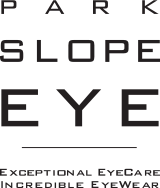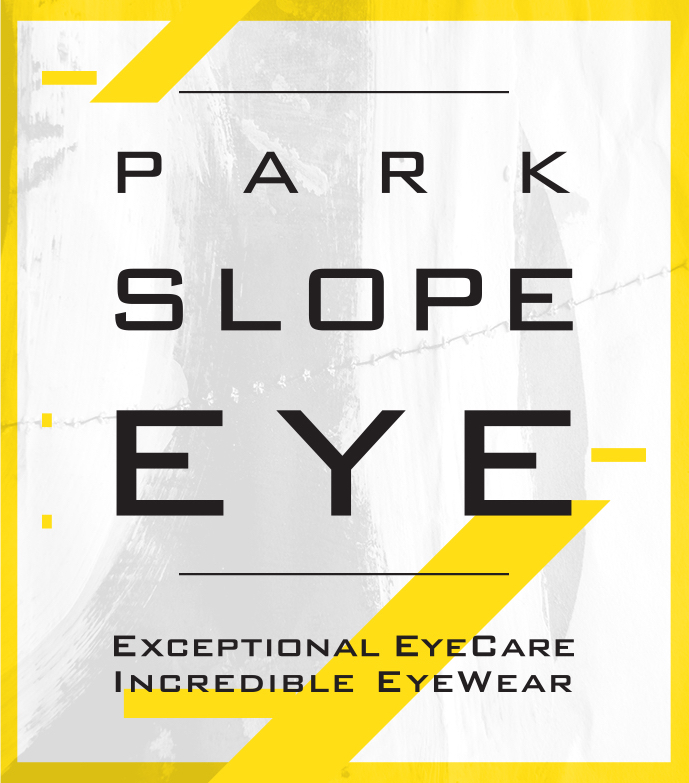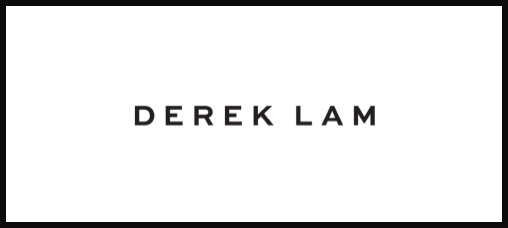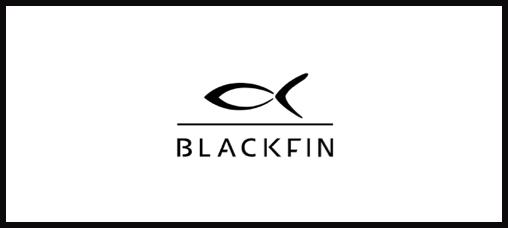Several common eye problems can easily be treated with eye drops. What some people don’t understand is that there are different types of drops for different types of problems. Using the wrong kind of eye drops will not only leave your problems untreated but may even exacerbate existing conditions.

So how do you find the right eye drop for your eye problem? Our expert adult and pediatric eye doctor from Park Slope Eye discusses the common types of drops in today’s post.
Itchiness and Allergies
Antihistamines are available in eye drop form and are generally used to treat eye irritation and itchiness caused by allergies. Typical symptoms of an allergic reaction in the eye include redness, wateriness and swelling. These drops can be bought over-the-counter, but for severe reactions, your doctor may prescribe a stronger antihistamine eye medication.
Dryness
Lubricating eye drops are the main dry eye treatment available without a prescription. These types of medication resemble tears in composition and are designed to keep your eyes from drying out. Common causes of dryness in the eyes include dry outdoor conditions, fatigue and eye strain from computer screens.
Redness
Redness typically results from lack of sleep, stress, allergies or fatigue. Blood vessels in the eyes often become engorged, making your sclera (the white part of your eyes) appear redder than usual. Decongestant eye drops decongest these blood vessels and reduce the redness. However, reddening can sometimes be a symptom of a more serious problem, and eye drops may only offer a temporary solution to a bigger underlying condition. We recommend consulting one of our eye doctors for a proper diagnosis.
Contact Lenses
If you prefer to use contact lenses over eyeglasses, then you may use rewetting drops to relieve the dryness and discomfort from contact lens use. Rewetting drops are available over the counter, but it’s best to check with your doctor for compatibility before settling on a particular brand.
Learn more about eye drops and the common eye problems they help treat by consulting with our eye specialists at Park Slope Eye. Visit our contact page to schedule an appointment today. Our clinic serves patients in Brooklyn, NY.
